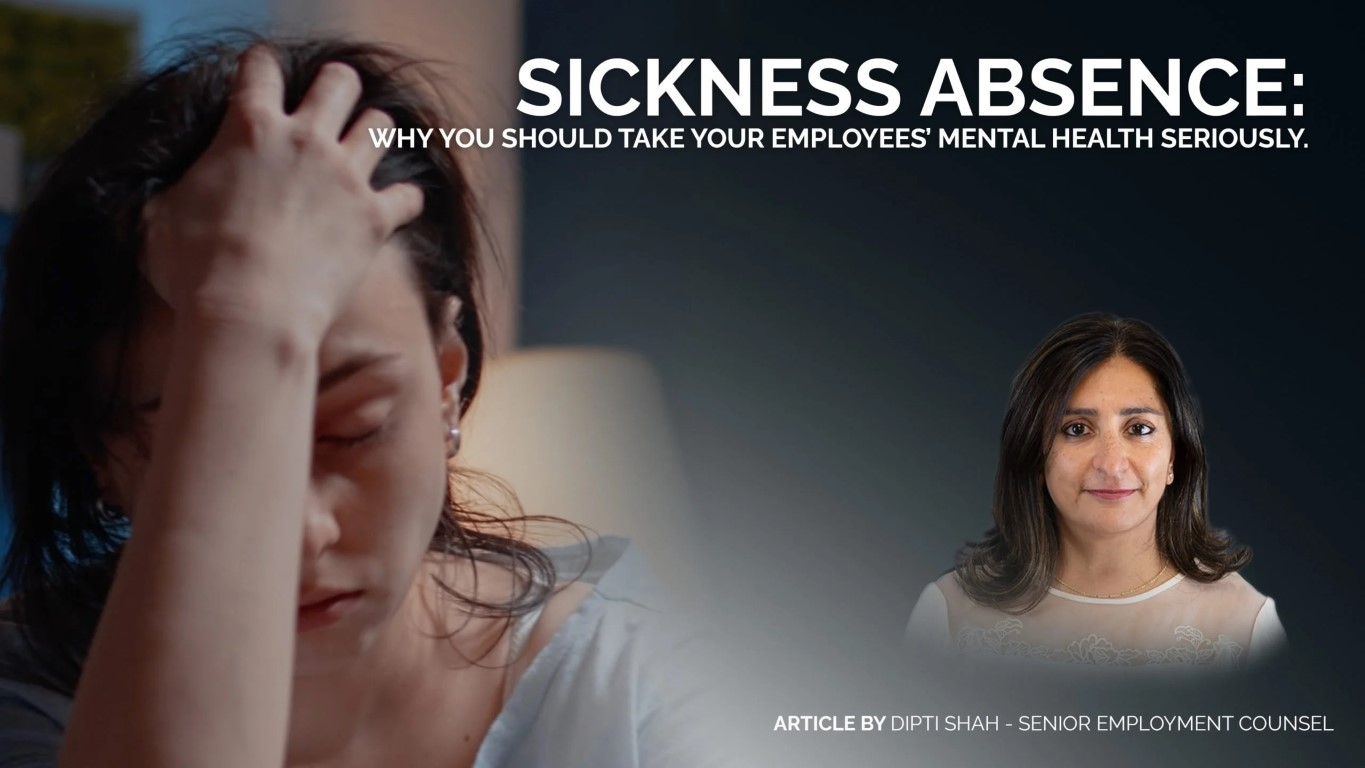The impact of work-related stress, burnout, and poor mental health on the UK economy is a significant concern. The latest economic modelling by AXA UK and the Centre of Economic and Business Research reveals that this issue costs the UK economy £28bn per year. This cost is primarily due to the loss of 29.3 million working days from employee sick leave.
These figures highlight the need for employers to be proactive in addressing employee mental health concerns. By recognising early warning signs, employers can promote a culture of openness where employees feel safe to discuss their issues. This not only reduces the likelihood of short term persistent absences or long term sick leave, but it also demonstrates a commitment to employee wellbeing.
Sickness absence can have a considerable impact on a business, affecting productivity and profitability. Therefore, taking immediate steps towards addressing this issue is crucial. Employers of all sizes can benefit from implementing impactful measures to reduce sickness absenteeism in the workplace.
One such measure is providing valuable training to managers. This training can include identifying “red flag” scenarios and teaching managers how to handle them effectively. Additionally, employers can prepare bespoke policies tailored to their working environment, which can help to create a supportive and healthy workplace culture.
Overall, it is clear that addressing work-related stress, burnout, and poor mental health is a vital concern for employers. By taking proactive steps to promote employee wellbeing, businesses can reduce sickness absenteeism and improve productivity and profitability. If you are an employer looking to address this issue, please feel free to get in touch with us for an initial conversation.









